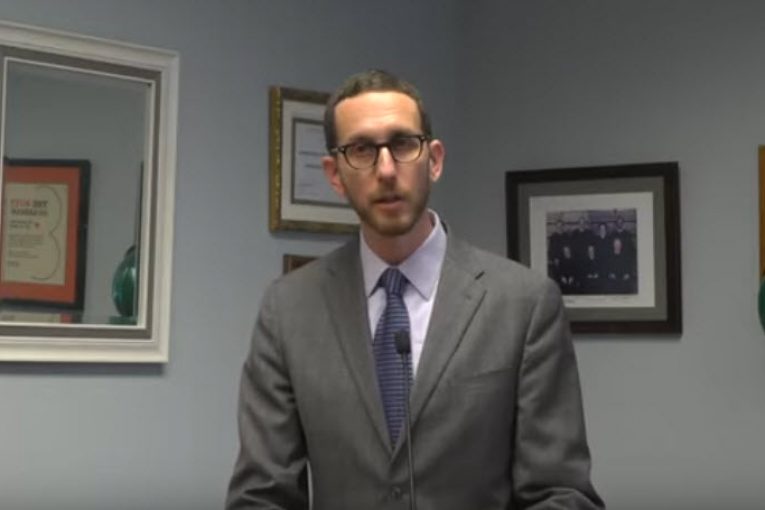

Special to the Vanguard
Sacramento, CA – The Assembly Local Government Committee passed Senator Scott Wiener’s (D-San Francisco) Senate Bill 593, the San Francisco Replacement Housing Act. SB 593 will create a tax increment financing structure to replace 5,800 affordable homes lost during the 1950s-70s era of redevelopment or “urban renewal.” The bill passed 6-0 and heads next to the Assembly Housing and Community Development Committee.
“Half a century is too long to wait to deliver the affordable housing the Western Addition, Fillmore, SoMa, and Japantown were promised during redevelopment,” said Senator Wiener. “Through the innovative financing mechanism we’ve developed, we can finance these units, correcting a historical injustice and providing affordable housing to communities that need it. I’m grateful to my colleagues on the Committee and look forward to working to get this bill through the Assembly Committee process.”
The period of redevelopment—also known as “urban renewal”—beginning in the 1950s in San Francisco led to widespread clearance, mass demolition, and relocation of communities, particularly lower income communities and communities of color like the Western Addition, Fillmore, SoMA, and Japantown.
Though the redevelopment agency was legally required to replace the units of affordable housing it destroyed, 5,842 units of low- and moderate-income housing were never replaced.  In addition, the affordability restrictions for some of the replacement housing units that were constructed have expired, or are in danger of expiring. These units may need additional assistance to ensure that the properties continue to provide affordable housing.
In addition, the affordability restrictions for some of the replacement housing units that were constructed have expired, or are in danger of expiring. These units may need additional assistance to ensure that the properties continue to provide affordable housing.
The City has set a state-mandated obligation to produce over 46,000 units for very low-, low- and moderate-income households in the next 8 years, and these units are critical to helping the City meet that goal.
SB 593 will allow the Successor Agency to the Redevelopment Agency of the City and County of San Francisco to replace all of the housing units demolished prior to 1976, as well as preserve affordability of the replacement housing built in the 1970s. Specifically, it will:
Create a limited funding source through the use of property tax revenues (former tax increment) to fulfill the replacement housing obligations using only the City and County of San Francisco’s share of property tax revenues that remain after all pre-existing commitments are funded;
Allow the Successor Agency to bond against property tax revenues exclusively for the purpose of fulfilling the replacement housing obligations subject to the same strict standards and procedures for review and approval by the oversight board and the State Department of Finance as other bonds under dissolution law;
Dedicate the revenues to the development of affordable housing within the City and County of San Francisco for households that earn up to 120% Area Median Income (AMI);
Extend tax increment authority for affordable housing purposes while protecting school revenues from property taxes and not placing the State’s general fund at risk from a reduction in school funding;
Limit revenues to the amount necessary to fund the fulfillment of the identified, documented, and certified replacement housing obligations;
Require compliance with the standards under Redevelopment Dissolution Law for review and approval of bond issuance by the oversight board and Department of Finance.
SB 593 is sponsored by the City and County of San Francisco and the Freedom West Homes Corporation.


A better idea to solve the housing crisis is to provide local jurisdictions with tax increment financing for all new housing developments. The state won’t get additional property taxes if those residential and commercial buildings aren’t built, so there’s no loss to the state by providing the lion’s share of incremental property tax revenues to local governments. Then these new houses and stores can provide the fiscal surety to pay for local services. This is really a no brainer.